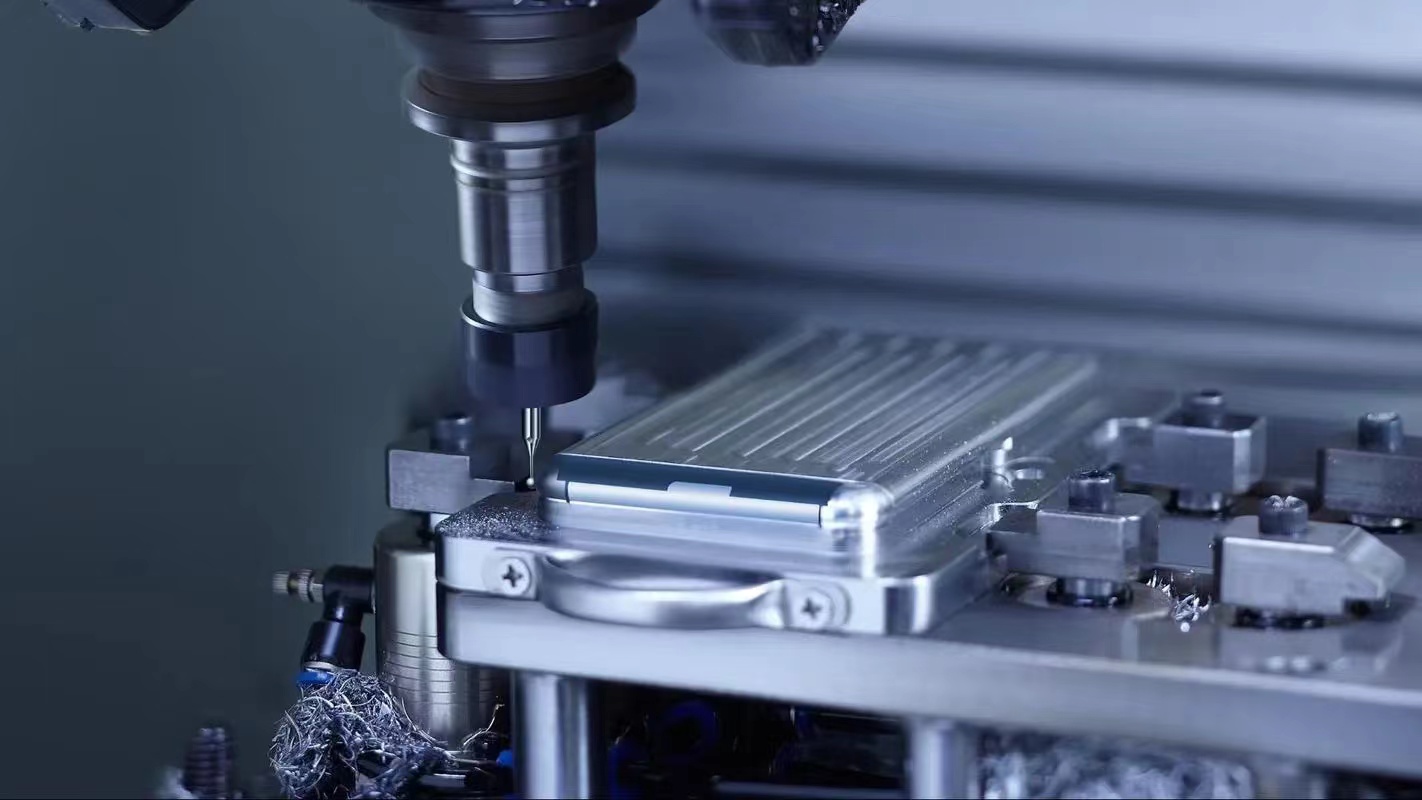CNC machined parts: a widely used manufacturing tool

CNC processing technology has become an indispensable part of modern manufacturing. By controlling machine tools through computer programs for precision machining, CNC machining is used in various industries.
Has a wide range of applications. Here are the common applications and major pros and cons of CNC machined parts.
What are the benefits of CNC machining?
CNC machining has wide applications in industrial parts manufacturing due to various advantages. Here are some of the benefits of this process over other manufacturing operations.
Accuracy and precision
CNC machining is precise, allowing product manufacturers to build parts based on the intended design. In addition to this, it has high precision and tolerance; therefore, you can manufacture different batches of the product without losing accuracy. Additionally, automated processes reduce errors during machining.
Fast and efficient
You can get CNC machined parts within days. Therefore, it is productivity. However, speed and efficiency depend on the type of CNC machine and the complexity of the product.
Cost-effectiveness
CNC machining has a high initial investment cost. However, it has lower operating costs. In addition to this, high throughput rates, little or no human error, and low production costs add to its cost-effectiveness. Additionally, for most machining operations, less training is required, and most training is provided online.
better ability
Most CNC machines can carry many tools for different purposes. In addition to this, they have sophisticated software that enables them to handle different products and complex artifacts. As a result, they offer enhanced functionality and compatibility with workpieces of different sizes, shapes or textures.
Machining operations are compatible with a wide range of materials:
– Metals: Copper, stainless steel alloys, titanium, brass, aluminum alloys, steel, magnesium, etc.
–Plastic: PEEK, PVC, POM, etc.
–Composite materials: epoxy resin, phenolic resin, fiberglass and carbon fiber.
However, before choosing a CNC material, consider the following factors: hardness, mechanical properties, part functionality, dimensional tolerances, operating temperature, cost.
Main disadvantages:
High Cost: The cost of purchasing and maintaining CNC machine tools is relatively high, which may be a burden for some small businesses.
Specialized skills required: Operating and programming CNC machine tools requires specialized skills and training, which presents challenges in hiring and retaining skilled workers.
Not suitable for low-volume production: For small-scale and custom production, CNC machining may not be as cost-effective as other machining methods.